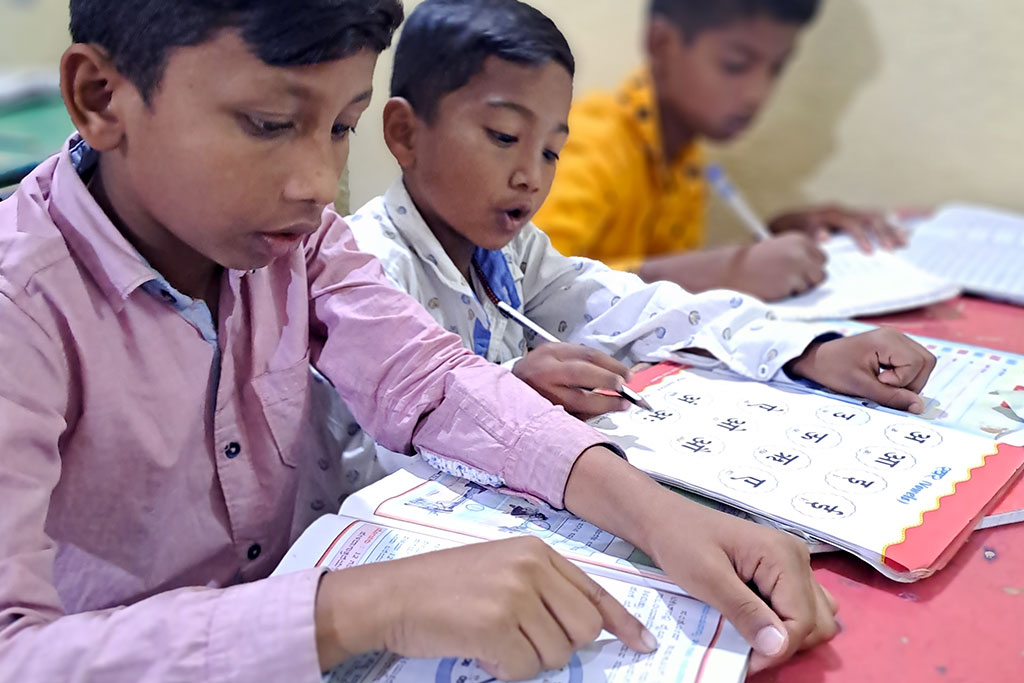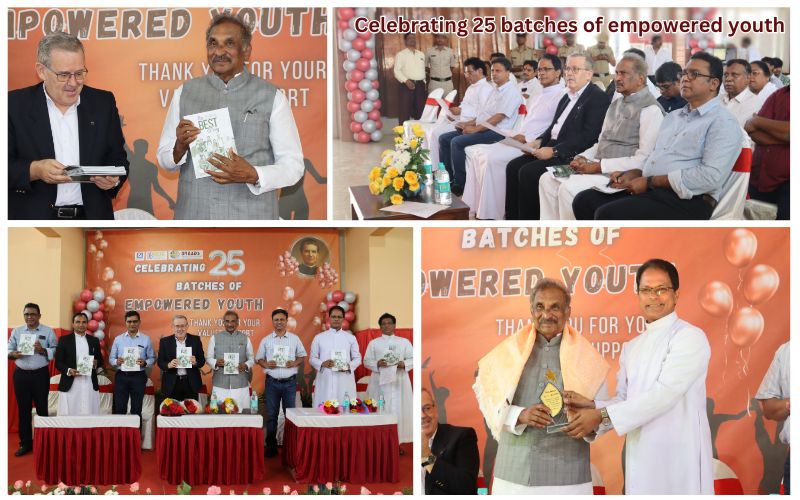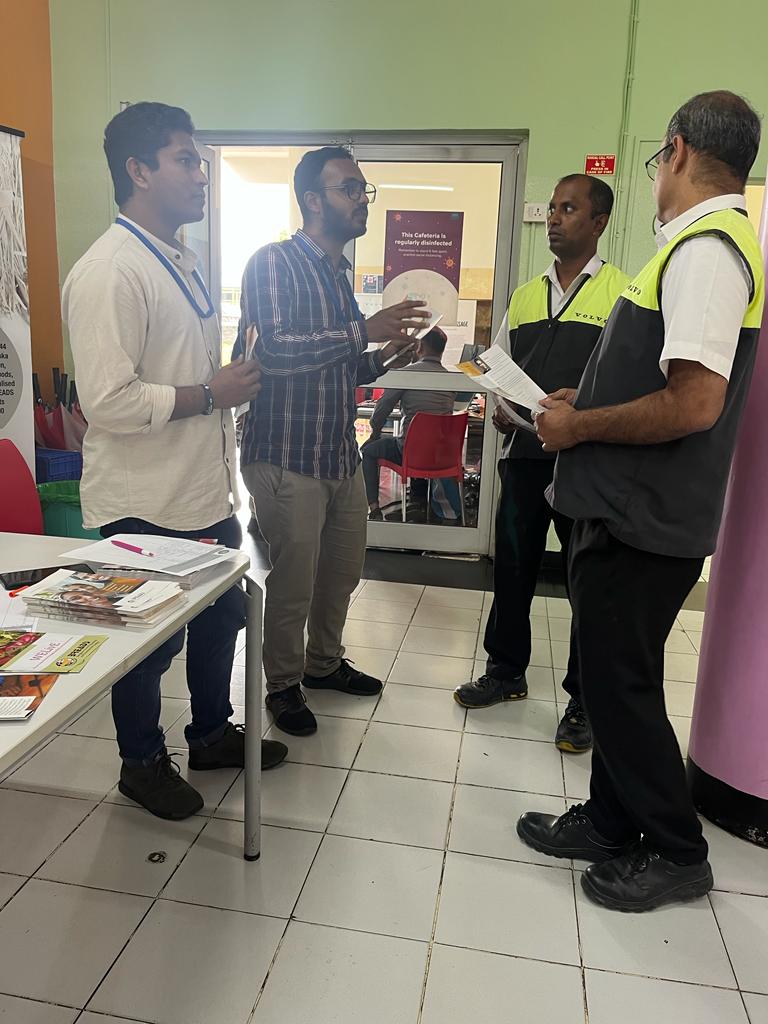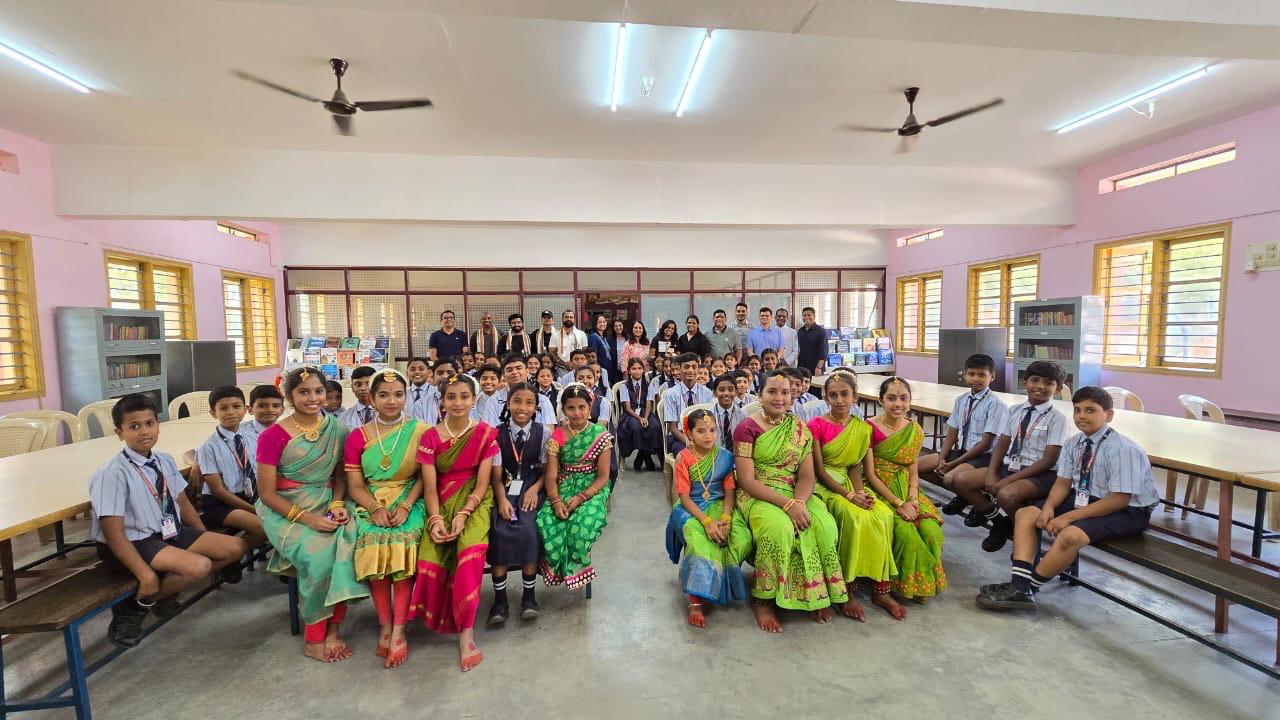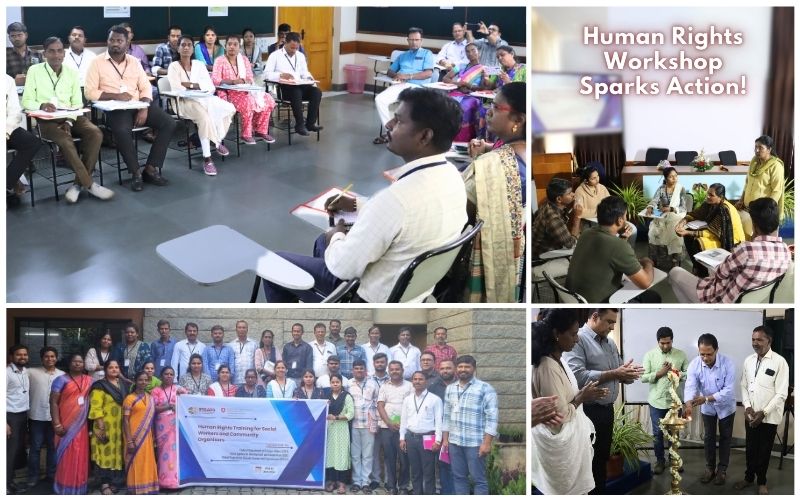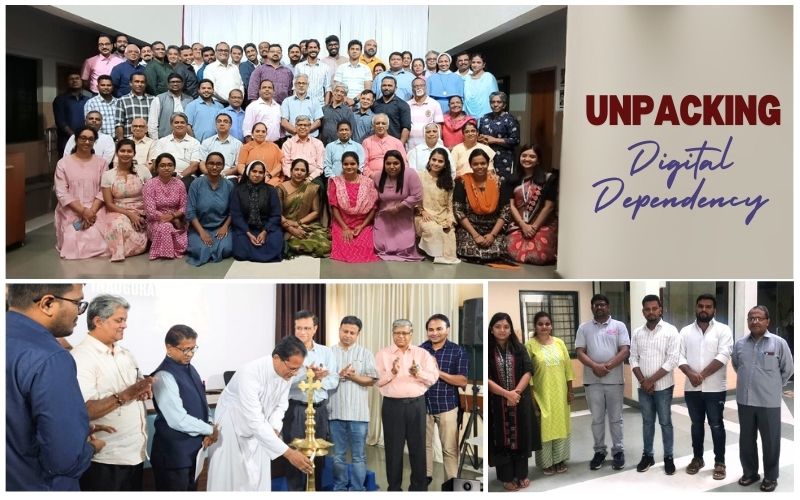EDUCATION
The Don Bosco system of education is known over the world as an effective means of drawing
children from the margins of society into the mainstream, using reason and kindness within the
personal spiritual/ethical framework of the student. Children are encouraged to enjoy their
childhood through play, various sports and games. They are not treated as ‘stupid’ or ‘dull’ even if
they are illiterate but as buddhivanthas (intelligent beings) who are in the process of learning
different things through exploration and application.
This strength or competence-based system makes a huge difference in the interest and ability of the
child to pick up new learning and skills, also empowering the child to actively participate in their own
learning journeys. Especially for children rescued from situations of risk, there is much counselling
and handholding initially, to help them overcome their struggles and develop a mindset that permits
them to pursue formal education. Participation of the child at every stage is part of this education
system and decisions are taken in a consultative manner.
BREADS’ Strategies for Education that Empowers
- Empower children with the awareness that they are already buddhivanthas in the process of realising it through academics, life skills training, and other activities that help uncover their hidden talents.
- Create learning environments that promote curiosity and interest in education among disadvantaged rural children, especially in subjects such as Mathematics and Science, thereby enabling them to come up to par with competitive academic standards.
- Ensure children who were out of the education system because of their life circumstances are brought back into mainstream schooling or non-formal education, and supported to achieve their desired levels of education.
- Promote the education and retention of marginalised girls specially, through sponsorships, follow up, hostels, and ensuring of required infrastructure in schools.
- Create and support child rights clubs and student ambassadors, to safeguard and advocate for child rights inside and outside the school.
- Create a strong support network for children through capacitating teachers, School Development and Monitoring Committees (SDMCs), other government stakeholders, and parents through regular meetings, family visits etc.
